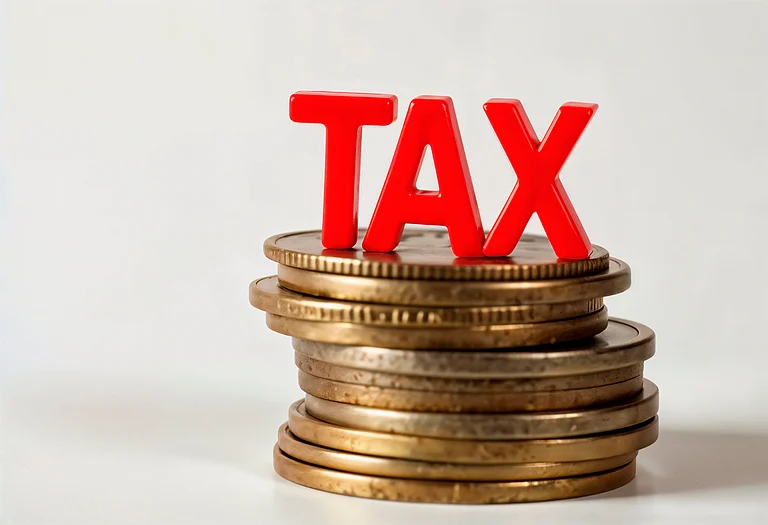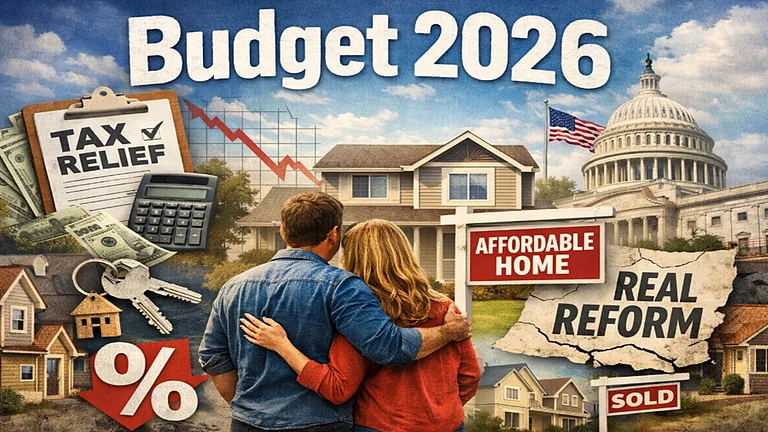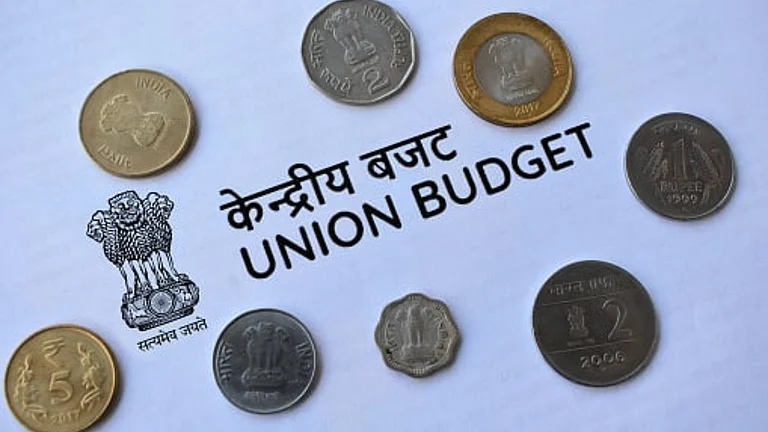Residents of apartments paying less than Rs 7,500 in monthly maintenance charges are not liable to pay Goods and Services Tax (GST), nor are they required to navigate GST compliance themselves. This was officially reaffirmed by Finance Minister Nirmala Sitharaman in a written statement tabled in the Lok Sabha earlier this week, laying to rest persistent confusion among housing societies and middle-income residents across India.
The response was provided in reply to a Starred Question raised by Members of Parliament Manickam Tagore B and Suresh Kumar Shetkar. It clarified, with statutory precision, that compliance obligations lie strictly with apartment associations, not individual homeowners, unless specific financial thresholds are crossed.
Who actually needs to worry about GST compliance in apartments?
Not individual flat owners, according to the Finance Ministry. "No GST compliance requirements have been placed upon the residents who are the service recipients," read the statement submitted in Parliament. The onus, if any, falls entirely on apartment associations that function as service providers under GST law.
If the maintenance charges stay below Rs 7,500 per month per resident, no GST is applicable regardless of the association's overall income. The exemption threshold was raised from Rs 5,000 to Rs 7,500 in the GST Council's 25th meeting held in January 2018.
However, if an apartment association's aggregate annual turnover exceeds Rs 20 lakh (Rs 10 lakh in special category states), and maintenance charges per member go beyond Rs 7,500, GST registration becomes mandatory and an 18 per cent tax applies.
What if an apartment owner wants proof of GST status?
There is no need for individual residents or associations to obtain an official letter certifying their GST status. This was made unequivocally clear by the ministry.
"The Ministry of Finance has also issued two press releases dated 13.07.2017 and 07.02.2018 to inform the general public," the official statement reiterated. A circular from the Central Board of Excise and Customs No. 109/28/2019-GST, dated July 22, 2019, was also issued to demystify the applicability of GST on maintenance charges.
Workshops, seminars, and taxpayer facilitation events like Samvad have been conducted by GST facilitation centres across the country, aiming to reduce information gaps and prevent unnecessary compliance anxiety.
Is this an extra burden for housing societies?
The ministry doesn't think so. Once the GST threshold is breached, apartment associations are treated the same as any other taxpayer. "Apartment associations have not been burdened with any additional compliance requirements under GST," the Finance Minister noted.
These bodies are expected to maintain records and register under GST only if they charge over Rs 7,500 per member monthly and cross the prescribed turnover limit.
Why charge 18 per cent GST if maintenance crosses Rs 7,500?
The rate, according to the Finance Ministry, is not arbitrary. It was fixed based on deliberations within the GST Council, a constitutional authority comprising representatives from both central and state governments.
The council decided on the Rs 7,500 limit and the 18 per cent GST rate in its 25th meeting. This decision was made after examining revenue implications and the need to create a fair threshold that shields most lower and middle-income households from taxation while still maintaining revenue from more affluent societies.
What happens if an association defaults on GST?
If an apartment association fails to comply with GST norms after becoming eligible, penalties may apply. But the government has implemented flexibility mechanisms.
Under Notification No. 21/2024–Central Tax issued on October 8, 2024, registered entities, including apartment associations, who were issued notices for demand of tax under Section 73 of the CGST Act of the period July 1, 2017, to March 31, 2020, can pay tax dues without interest or penalty, if they pay the tax amount up to March 31, 2025.
How might residents keep themselves informed without adding paperwork?
Outside of the policy frameworks, the government maintains there is no requirement for residents to have any formal paperwork to prove their exemption. "There is no requirement under CGST law to obtain any official letter by the resident or apartment associations regarding their apartment's GST status," said the ministry.
Who pays, and who doesn't?
If you're living in a housing society where monthly maintenance is under Rs 7,500 per flat and the total annual income of the society is below Rs 20 lakh, you're in the clear no GST, no paperwork, and no compliance burdens. Associations that exceed these limits must register and handle the GST filings, but residents, even in such cases, are not directly responsible.














